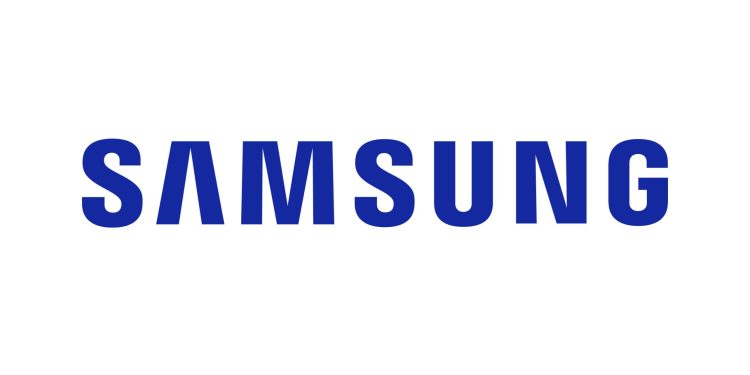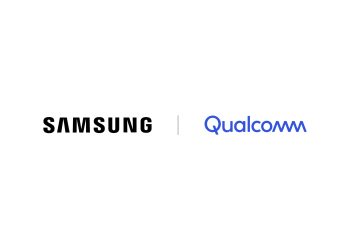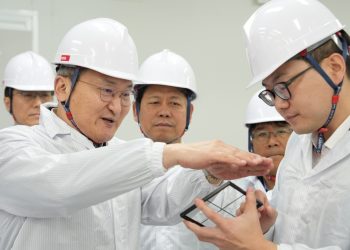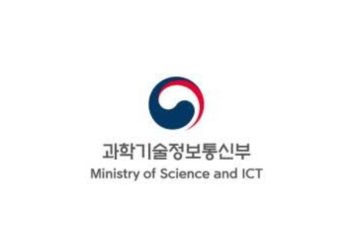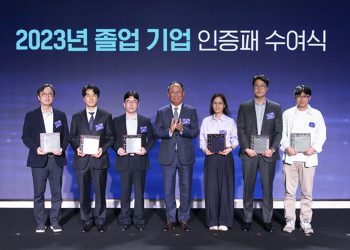South Korean President Lee Jae-myung met with Samsung Electronics Chairman Lee Jae-yong on Thursday, continuing a recent series of private meetings with top business leaders. The dinner, held at the presidential residence, comes amid rising speculation that Seoul may use the planned U.S. investments of major corporations as leverage in ongoing but currently stalled trade discussions with Washington.
The meeting took place just before the United States suddenly postponed high-level trade talks with South Korea, hours before the Korean delegation was set to depart. President Lee has recently held similar talks with executives from SK, Hanwha, Hyundai Motor Group, and LG, signaling his administration’s intention to strengthen ties with industry leaders and prioritize a pragmatic, business-focused economic approach.
The unexpected delay in the Korea-U.S. trade talks has raised concerns in Seoul that South Korea may miss the August 1 deadline to avoid or mitigate a 25% additional tariff announced by Washington earlier this month. The timing of President Lee’s private dinner with Samsung Chairman Lee Jae-yong has sparked speculation that Seoul may seek to use corporate investment pledges in the U.S. as leverage in ongoing negotiations.
During the closed-door meeting, the two leaders reportedly discussed ways to increase Samsung’s U.S. investments to counter the impact of the looming tariffs. A senior official from a leading South Korean business group noted that the discussion likely focused on maintaining favorable ties with the U.S. administration. Industry insiders say investment topics included not only manufacturing but also future-facing areas, such as artificial intelligence and regulatory reform for emerging technologies.
Samsung Electronics is already investing $37 billion in a semiconductor plant and R&D center in Taylor, Texas. However, questions remain over whether the new facility will qualify for subsidies under the Trump administration. To strengthen its presence in the U.S., Samsung is expected to boost investment in its home appliance plant in Newberry, South Carolina, especially in light of rising tariffs on goods produced in Mexico, another of Samsung’s key manufacturing hubs.
Amid this uncertain trade landscape, Samsung appears to be evaluating the long-term benefits of increasing production directly in the U.S., rather than relying on neighboring countries like Mexico. The anticipated tariffs could make local manufacturing more attractive, especially for high-demand products such as washing machines and refrigerators.
Chairman Lee also recently attended the Sun Valley Conference in Idaho, where he held private discussions with senior leaders from major U.S. tech companies, including Microsoft, Google, OpenAI and Amazon Web Services. According to sources, these conversations focused on how South Korea could approach trade talks with the U.S. and what strategic advantages Korean firms might offer.
The latest meeting between President Lee and Samsung’s chief is part of a broader effort by the administration to coordinate with Korea’s top conglomerates. In recent weeks, President Lee has met with leaders from Hyundai Motor Group, Hanwha, LG, and SK, discussing U.S. investments, global trade, regional economic growth, and innovation. Officials say these talks are central to the government’s push for a balanced economic policy built on close cooperation with private industry.
Reports suggest the South Korean government is considering creating a U.S.-focused investment fund, similar to Japan’s $550 billion deal that helped reduce tariffs through targeted investments. With the August 1 deadline fast approaching, experts say Korea may adopt a similar strategy, using large-scale investments to win concessions. President Lee’s administration sees corporate involvement as crucial in securing favorable terms and strengthening South Korea’s global trade position.

